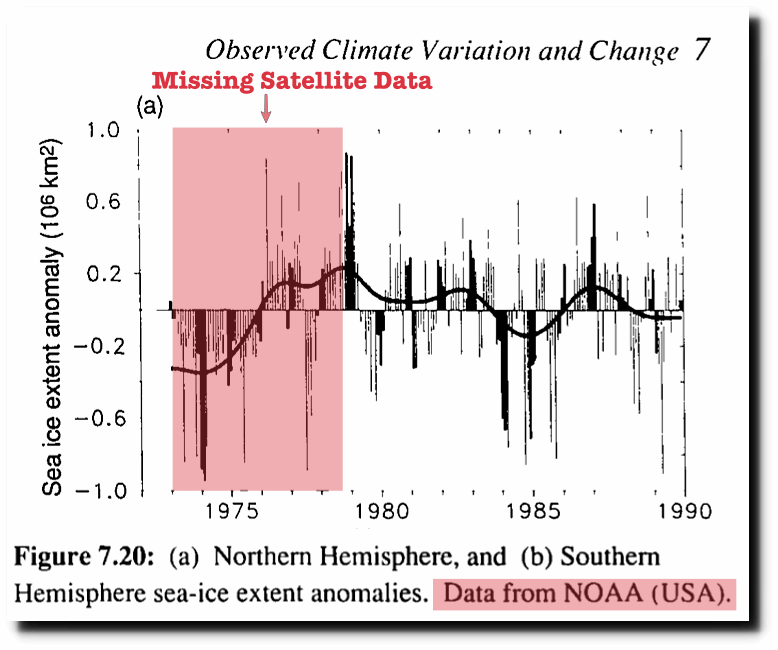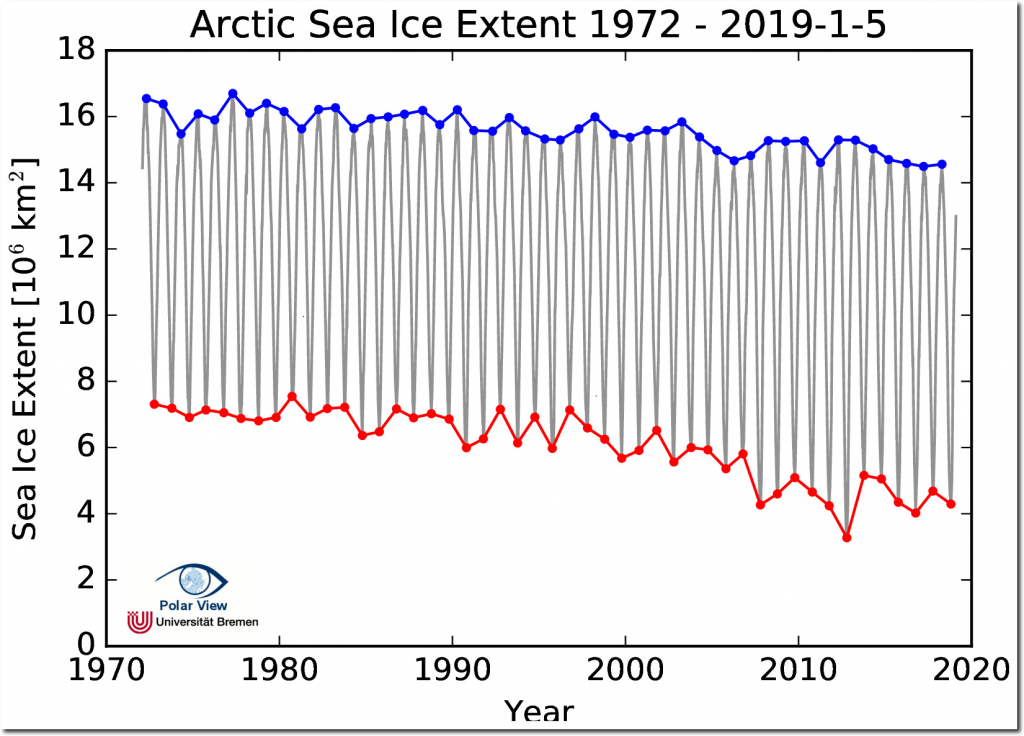- May 20, 2009
- 144,309
- 66,665
- 2,330
There are three main types of water masses in the Barents Sea: Warm, salty Atlantic water (temperature >3 °C, [37.4 °F] salinity >35) from the North Atlantic drift, cold Arctic water (temperature <0 °C, [32.0 °F] salinity <35) from the north, and warm, but not very salty coastal water (temperature >3 °C, [37.4 °F] salinity <34.7).
Barents Sea - Wikipedia
Note for Crusader Frank. Sea water will not freeze at 0 °C, [32.0 °F]
Arctic Weather Map
4 Cardinal points now
Barrow -20F
Eureka -27F
Vize 0F
Kotel -17F
that's over 1.4 Million square miles of real estate
How about the Bering Sea?
Gambell 9F
Bethel 18F
Cape Ozernoy -6F
Dillingham 18F
Melting point of ice is still 32F






